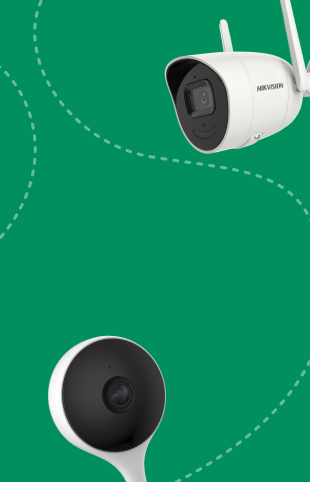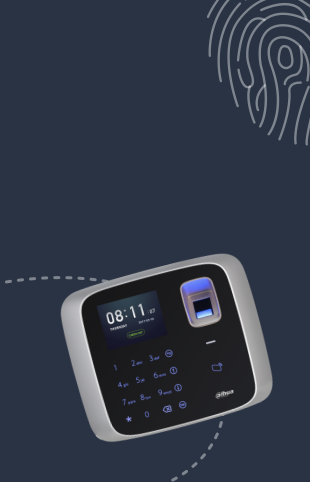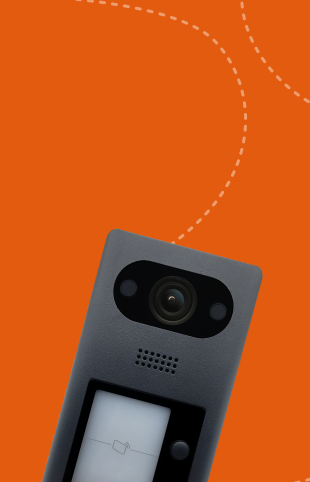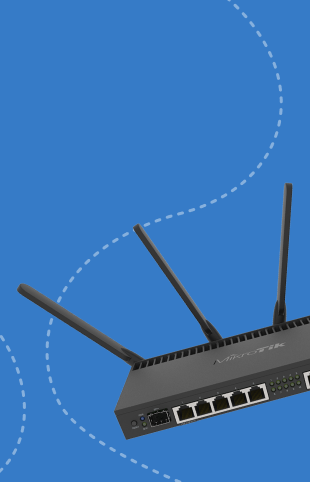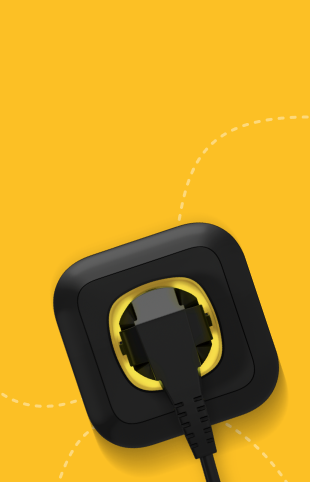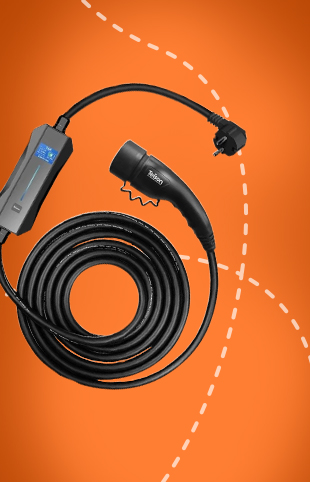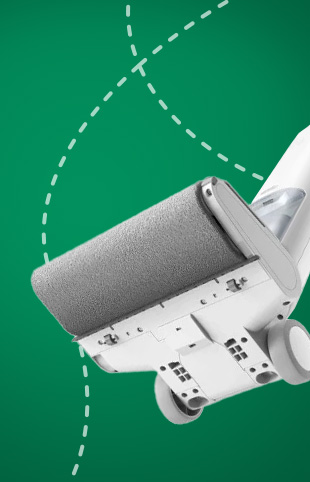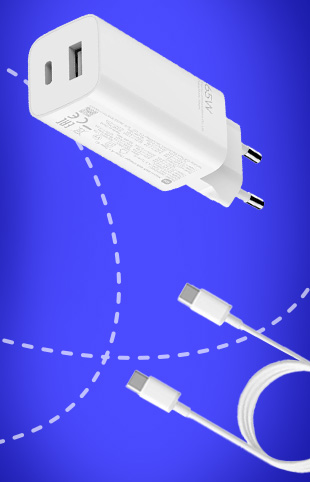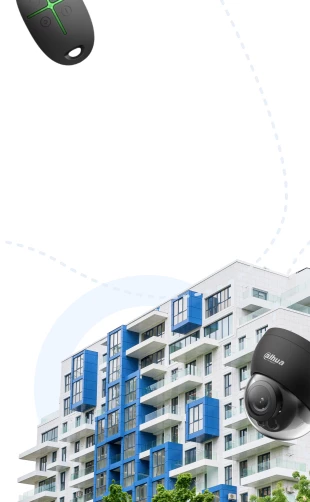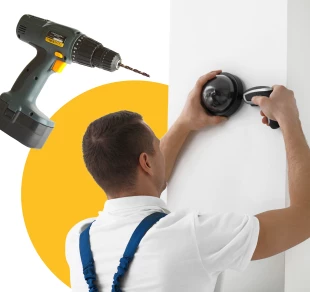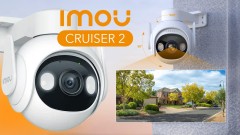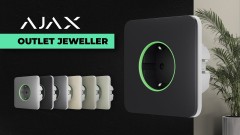Instructions for connecting and configuring Ajax Siren
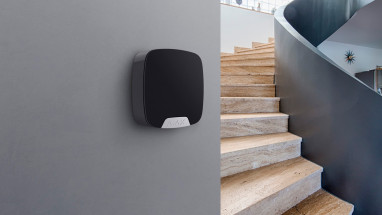
A siren is an auxiliary device of a security system that emits a loud audible signal when an alarm is triggered. Ajax manufactures two types of such sirens:
Ajax HomeSiren - for indoor use;
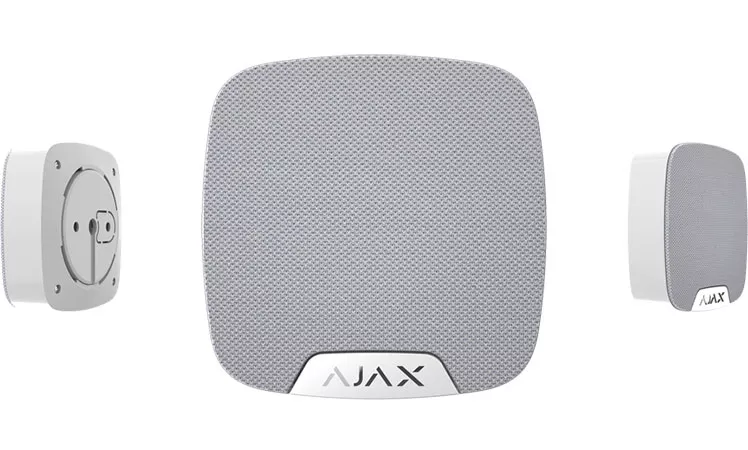
Ajax StreetSiren for installation on the outside of a building;
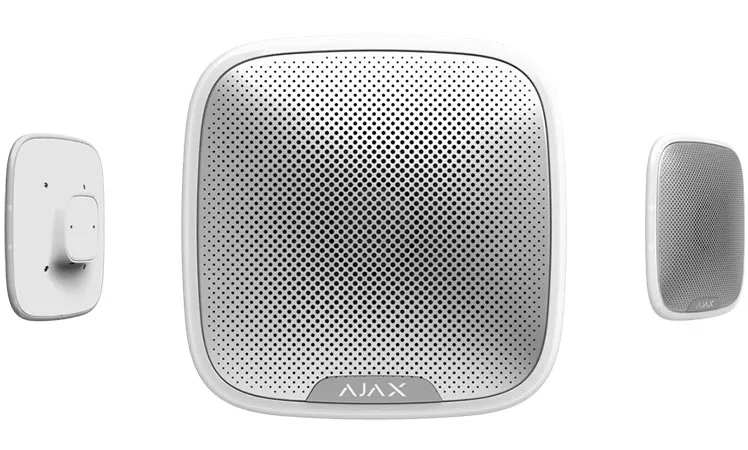
They are wireless, and are connected to the system by scanning a QR code through the Ajax Security System app in the "Add device" menu. This procedure "ties" the siren to the control panel, which can be up to 2 km away.
Also, registration in the program allows the user to remotely control its work from the cell phone screen. Through the context menu you can:
- remotely enable/disable sound;
- check and change the volume level;
- set the duration of the beep (from 3 seconds to 3 minutes);
- connect the siren to individual sensors or groups of devices;
- adjust the operating time;
- monitor the power level and the quality of communication with the hub;
- monitor the performance of the sirens;
- receive instant notification of alarms and dismantling or tampering attempts.
What is the difference between internal and external sirens?
Dimensions. Outdoor is in the format 20x20x5 cm, weight 502 grams, home is almost three times smaller - its dimensions are 7.5 x7.6x2.7 cm, weight 97 grams.
Volume. The outdoor siren is more powerful (up to 113 dB), the indoor siren is quieter (up to 105 dB). The volume level of each is easy to test and adjust via your smartphone.
Temperature range. StreetSiren can operate in conditions from -20° to +70° C, humidity up to 95%. For HomeSiren, these values are from -10° to +40° C, humidity up to 75%
Power. Home functions autonomously from two preset CR123A batteries (life without replacement - up to 5 years). The external one has 4 of these cells, but in order to save the charge it is possible to connect the power from a battery or 12 V network. Its power consumption is 13.5 W.
Light effect. The body of the outdoor siren has built-in red diodes that turn on simultaneously with the sound signal, attracting even more attention from passersby and neighbors. This feature is especially useful in the dark period of the day - it helps to notice exactly where there is an intrusion.
How is the reference diode connected?
Under the mounting bracket of the indoor siren there is a connector for connecting a wire with a diode, which can be led outdoors, or placed near the front door in the hallway. This small lamp allows you to see whether the object is armed or not. Such a diode, together with the necessary mounting kit, will need to be purchased separately.
Continuous illumination lets you know that the alarm system is on and that the entire system is working properly. Blinking of the diode usually occurs at the moment of arming/disarming, as well as when there are alarms from one or more sensors. Lack of illumination indicates that the object is not protected at the moment.

